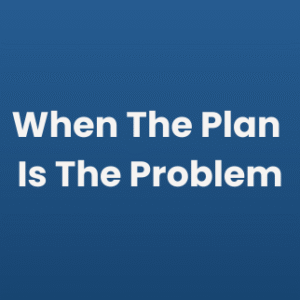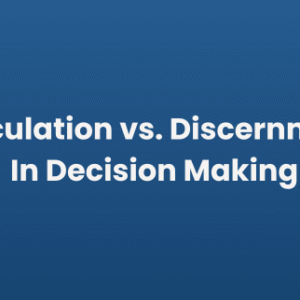Earlier this year, I took an entire month off through the end of June, island-hopping across Southeast Asia.
No client calls. No calendar reminders. Just long walks, quiet swims, and space to be.
It was in that spaciousness that my whitepaper began to take shape.
When I came back, in the remaining three weeks of July, I immersed myself into my coaching practice, holding 46 client sessions: 43 professional, 2 pro-bono, and 1 exploring a potential partnership.
It sounds like a lot now when I write about it. But it didn’t feel like a lot. It felt alive.
Something similar happened at the end of last year.
In December 2024, my calendar was full right until the 30th. Around 70 sessions in total. And I loved every bit of it. Conventional wisdom would label that a clear path to burnout.
But I gave myself the freedom to thoroughly enjoy the sprint. I felt energized, present, and enjoyed the intensity of the work. Then, I took most of January off, going to a retreat and spending time by myself.
I’ve come to see again and again that my state of mind matters more than my workload. A fully present and calm mind is not overwhelmed. When the mind is racing, even tiny things feel overwhelming. Overwhelm isn’t a consequence of a full schedule. It’s the consequence of a mind that has lost its connection to stillness.
We often confuse a busy mind with a busy workload. Leaders come to me feeling buried, and ask how they can manage their time better. I slow them down enough to see if the issue is their workload, which is a logistical problem, or their state of mind.
Because if it’s logistical, we can solve it on a spreadsheet. But if it’s the mind, no amount of prioritizing will help until the noise settles. So then the work becomes not just helping them get more done, but helping them meet their life from a different place – from clarity and presence.
Here’s the distinction I often offer leaders:
Overload is an external reality. Overwhelm is an internal experience.
Overload means there’s objectively too much on your plate. Overwhelm means your mind is spinning faster than life is moving.
Unless we’re clear on which one we’re dealing with, we end up solving the wrong problem. If it’s overload, we can redistribute, delegate, delay, or delete.
Overwhelm has very little to do with what’s actually happening. It’s the commentary about what’s happening. It’s the “this is too much,” “what will they think of me?,” “what if I drop the ball?”- layered on top of what’s often a manageable situation.
You can’t solve that with time management. You solve it by reconnecting with stillness – with your own center.
Once the noise settles, an interesting thing happens: You look at the same to-do list, and it no longer feels like a threat. It just feels like what needs doing.
And when you’re no longer overwhelmed, you’ll often surprise yourself. You may realize you’re capable of far more than you imagined, simply because you’re no longer fighting yourself every step of the way.




